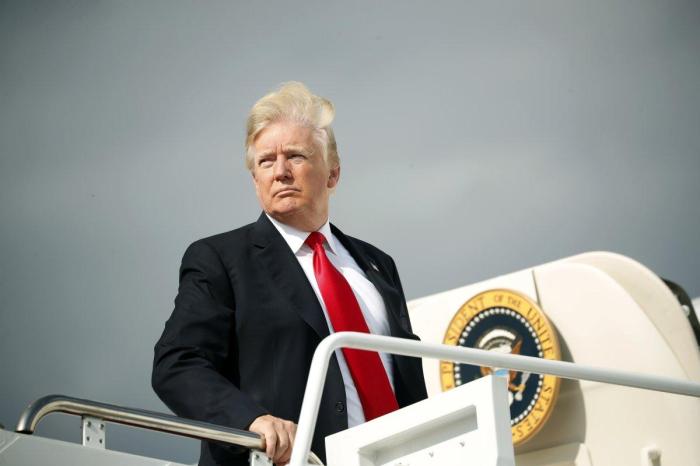Russian online trolls have shifted their strategy to disrupt the U.S. presidential election in 2020, according to a Bloomberg report.
Instead of creating propaganda, trolls are signing up for social media accounts using fake personas, then using those accounts to amplify the divisive rhetoric of others, cybersecurity experts say.
The Kremlin-linked Internet Research Agency and others may have changed their tactics to circumvent security measures Facebook and Twitter enacted after the 2016 election. Both companies have attempted to crack down on the kind of fake content Russians used to sow discord in the American electorate, including phony news stories, groups and events like racially charged protests.
“Instead of creating content themselves, we see them amplifying content,” John Hultquist, director of intelligence analysis at FireEye, told Bloomberg. “Then it’s not necessarily inauthentic, and that creates an opportunity for them to hide behind somebody else.”
Additionally, some hackers are breaking into devices and using them to create large numbers of social media accounts, populated with real-seeming (but fake) followers. These faux networks can then be used to spread messages and make positions seem more popular than they actually are.
Last Tuesday, FBI Director Christopher Wray warned that social media remains a hotbed for U.S. election interference. “What has continued virtually unabated and just intensifies during the election cycles is this malign foreign influence campaign, especially using social media,” he said. “That continues, and we’re gearing up for it to continue and grow again for 2020.”
Wray said the FBI is working with companies to guard against foreign influence on their platforms.
But determining who should be banned from a platform has always been a tricky prospect. In 2016, Facebook delayed intervening even when presented with clear evidence of Russian trolling, while executives dithered about the company’s stance on free speech and its image. Russia’s new trolling strategy will make bad actors harder to spot.
On Friday, the Washington Post published the results of a yearlong investigation in which they followed several Russian troll accounts created by the Internet Research Agency. The conclusions: IRA still aims to divide Americans — and they can be surprisingly subtle about it. “Most Americans probably believe that they could spot a Russian troll from a mile away — and that they would certainly never engage with one,” the Post said. “The IRA’s work is much subtler, often more palatable and always seemingly more organic than Americans may imagine.”

























